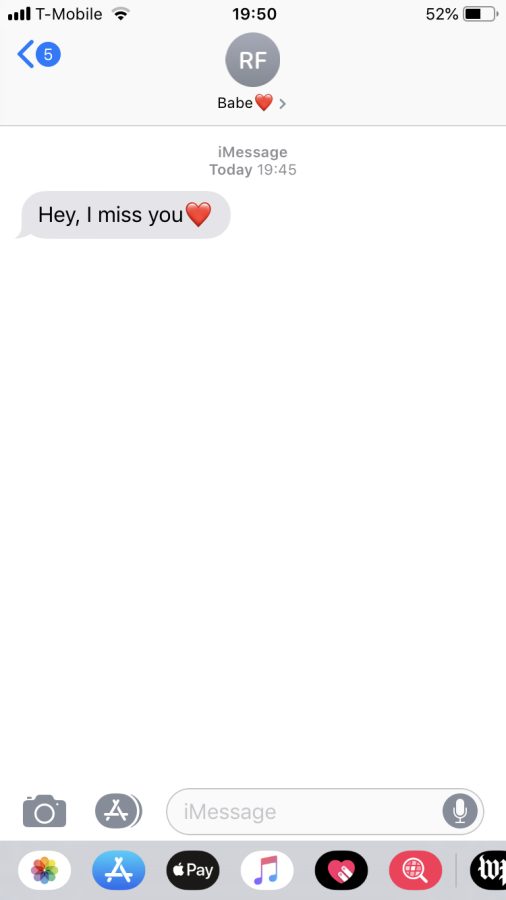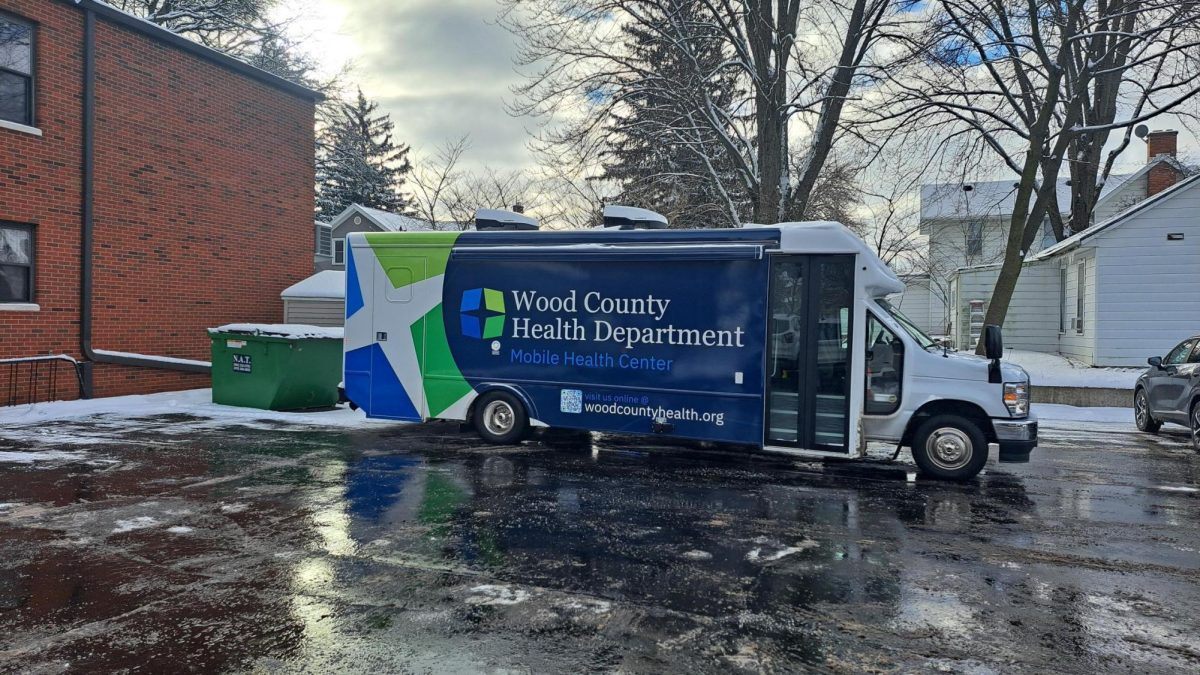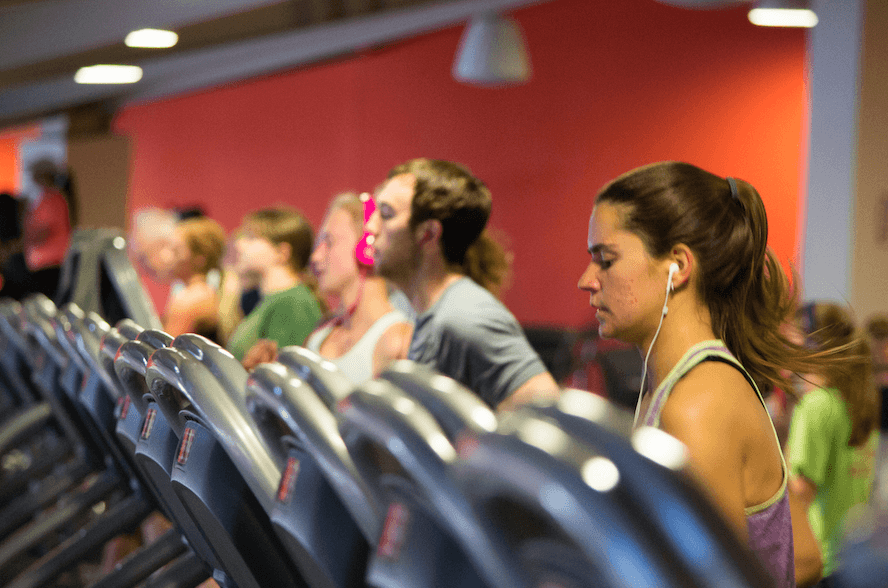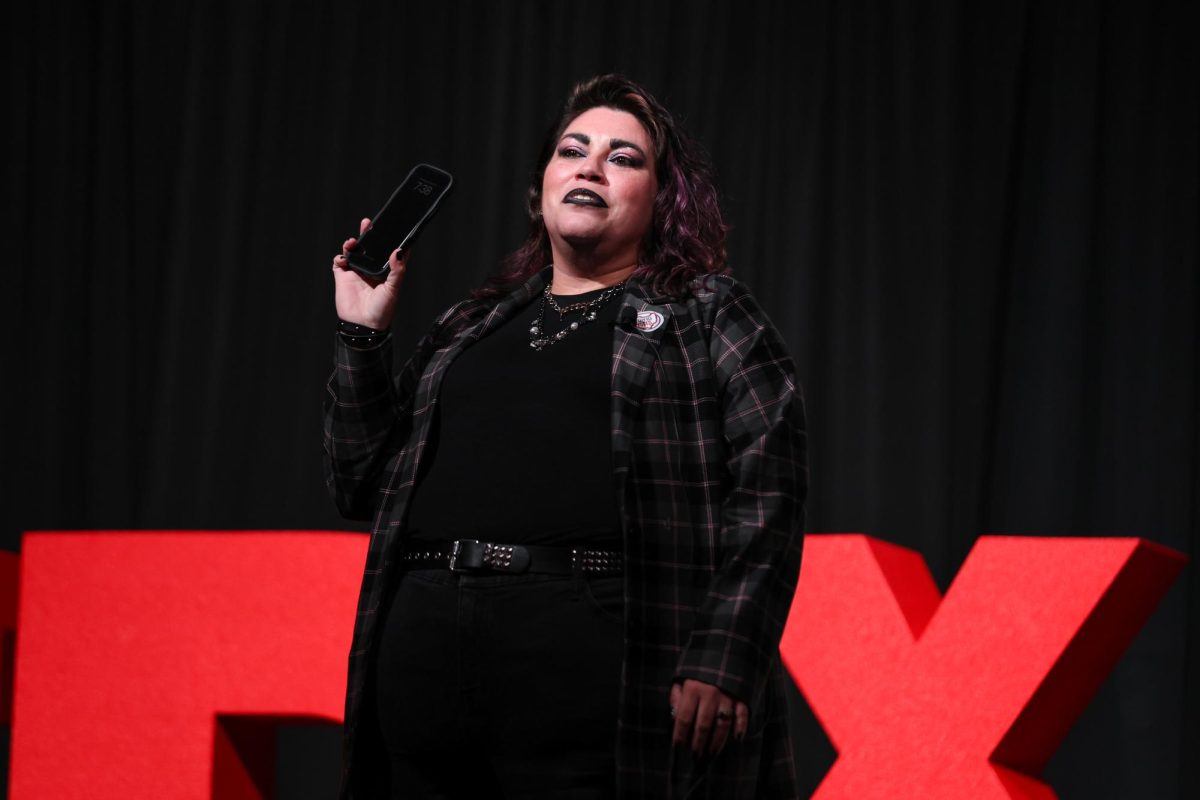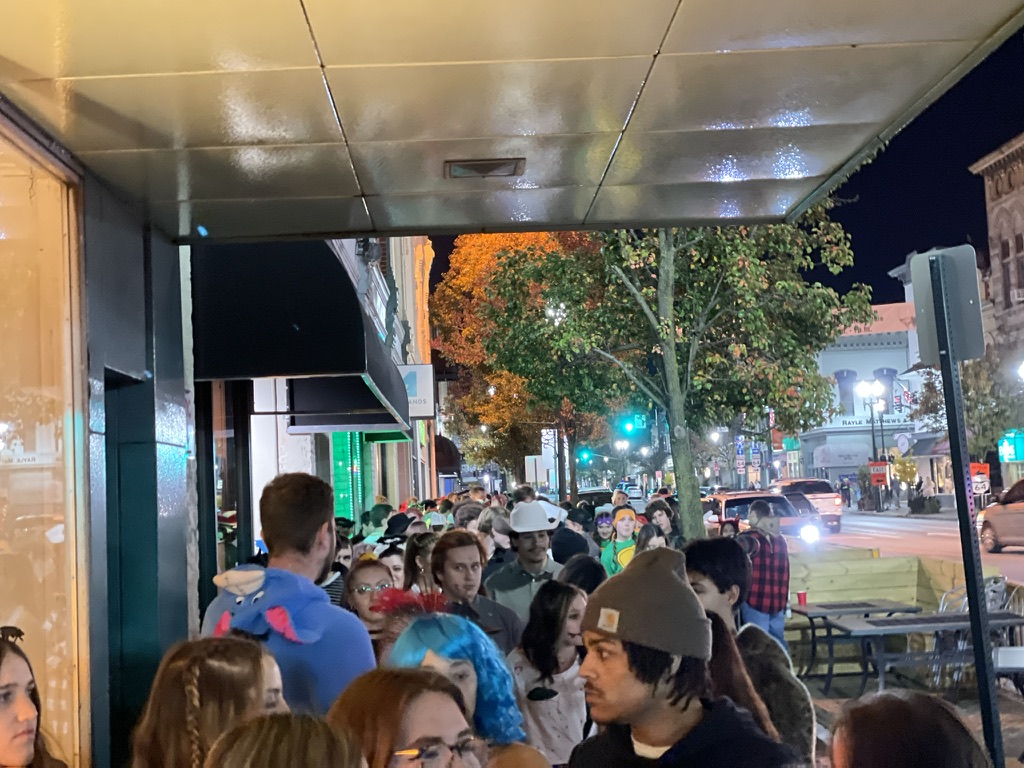“I exist in two places, here and where you are.” – Margaret Atwood
College students are not strangers to long distance relationships. The rise of two-income families and global business practices have led to increasing numbers of relationships being conducted from a distance, but for college students, they have been a common feature of the relationship landscape for many years.
Laura Stafford, director for the School of Media and Communication, has studied LDR challenges throughout her career. She defines the concepts and offers working solutions in her writing.
“(Couples are in an LDR) based on relational participants’ reports of the miles between them, of their residence in different cities, of the number of nights a week they spend apart, their inability to see each other every day if they so desire, or simply if they consider themselves to be in an LDR,” she explains in her book, “Maintaining Long-Distance and Cross-Residential Relationships.”
Mickayla Thompson, senior human and family development major, has been in a LDR with her boyfriend for five years. They met in high school at a mutual friend’s bonfire. She said making the change to college life helped their relationship by bringing them more proximal.
“It was different seeing each other on a more regular basis all the time, but in a good way. Seeing each other every day we don’t value the time as much as we did before, when we first started dating, but it’s still good to be together,” Thompson said.
Lori Gottlieb, a psychotherapist who specializes in relationships, explained the distance could be a good thing in an article for Time Magazine.
“One of the greatest benefits is that you do a lot more talking and learning about each other, since you spend more time having conversations than you might if you were sitting side-by-side watching Netflix, or out running errands or doing activities together,” she said.
Adam Coger, a senior data science major, feels the same way. He is currently in an LDR, but has had others.
“It was successful that we both knew it was going to be a portion of our lives — where we were attending far away colleges. I feel like a lot of phone calls and video chatting made it work,” he said.
Both Coger and Nelson offered tips for making an LDR successful. They felt making time to be together is important whenever possible. Nelson, however, was more focused on the struggles after the relationship becomes more proximal.
“I feel like you have to not get stuck in a routine. You have to be willing to switch stuff up, be willing to do fun things every now and again so you’re not just being stagnant,” she advises to those looking to make the switch.
Coger feels trust can be one of the biggest challenges couples face when they are apart.
“There are communication techniques that help and/or hurt. Any time a person is ambiguous about who they’re hanging out with or what they’re doing — if they’re usually very detailed in what they report they’re doing, you begin to question it. You begin to get these questions; the questions fester and that doesn’t help the relationship. Ambiguity in communication is a no-no,” he added.
Thompson also feels communication is key.
“I felt like communication was different long distance. When you get to see each other, you get to talk about the big things instead of just moving through your day. Communication is more meaningful. When you’re long-distance you’re more excited to see the person,” she said.
Coger also believes being an LDR at some point during the relationship can actually be better for a couple.
“(Success) depends on the maturity of each participant. When you have immature, young lovers they kind of form into one being early into the relationship. That can make or break a relationship. If you’re in a long-distance relationship, things are thought out, things are planned out. It’s almost a safety net to prevent a relationship from burning too hot, too fast and burning out,” he said.
The likelihood of having an LDR is growing. Statistics show that nearly 75% of college students have already been in one — and many are open to the idea. Learning skills to survive the challenges could be key to a version of “happily ever after” including a smartphone as a partner in the relationship.


